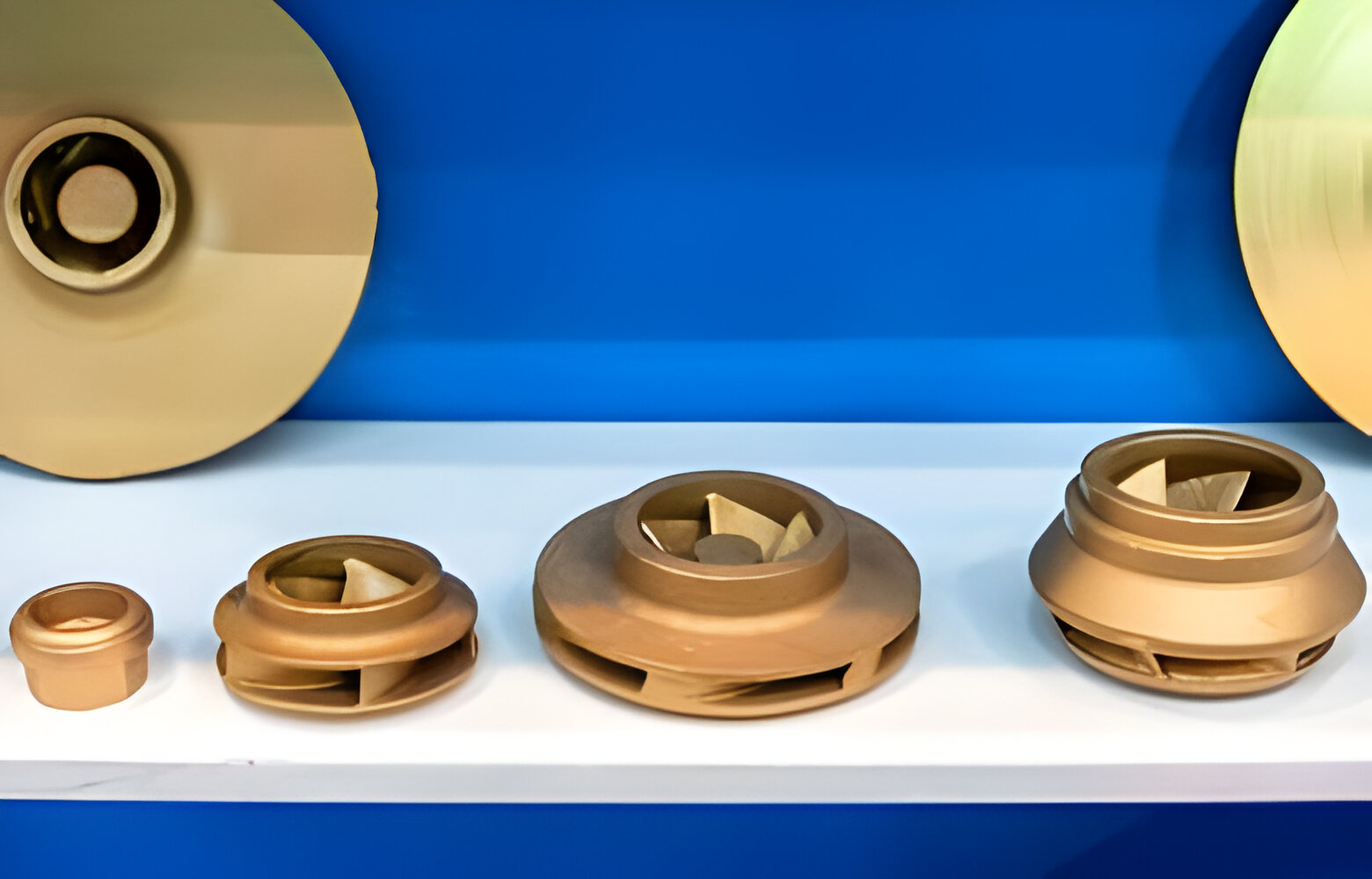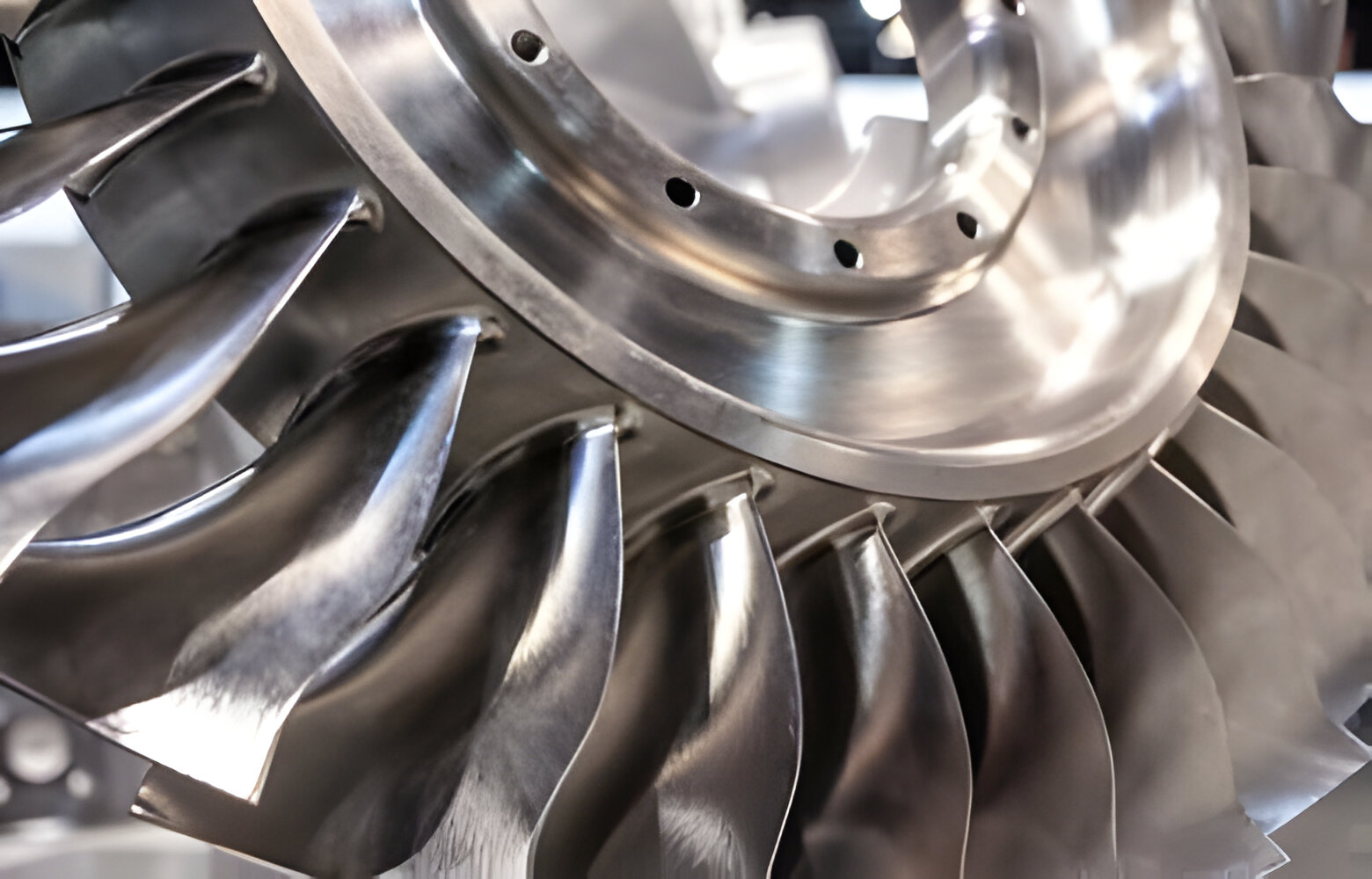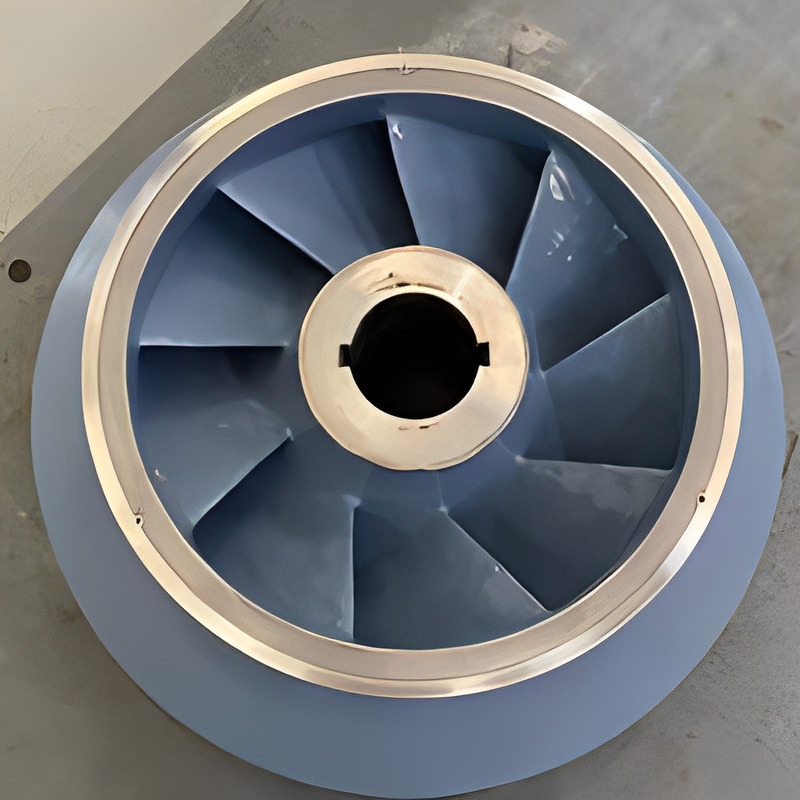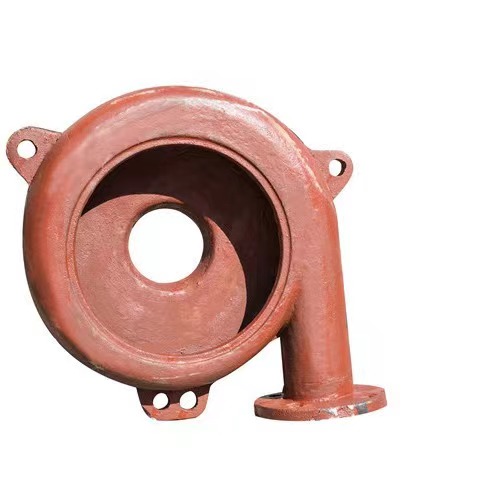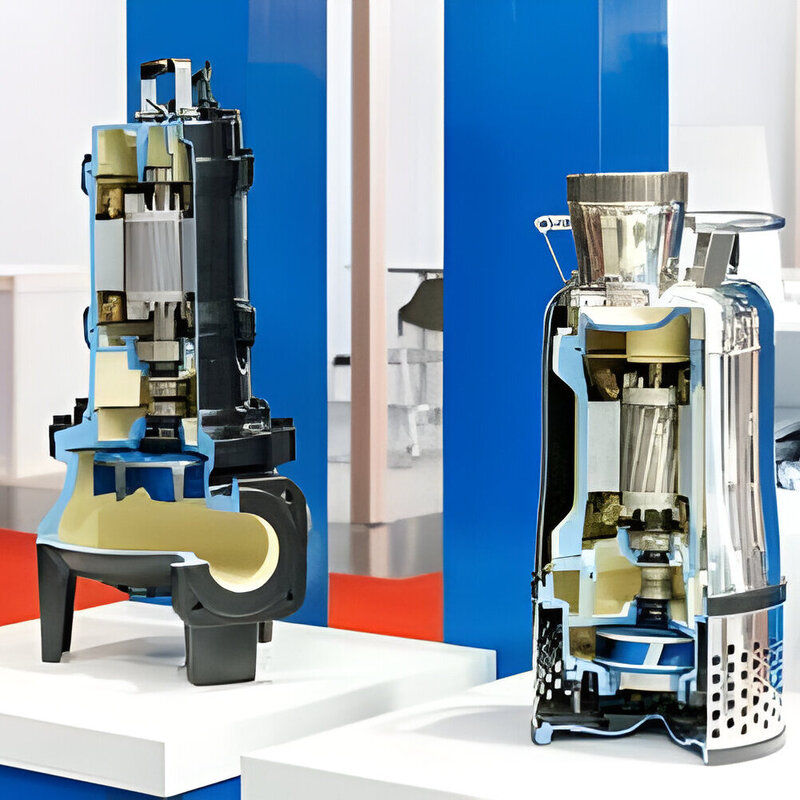When it comes to selecting the ideal impeller material for pumps, the debate often centers around cast iron versus stainless steel. Each material offers unique characteristics and benefits, catering to different applications and operating conditions. In this comprehensive guide, we delve into the key differences between cast iron and stainless steel impellers, helping you make an informed decision for your fluid handling needs.
Understanding Cast Iron Impellers
Cast iron has long been a staple material in pump manufacturing due to its exceptional strength, durability, and cost-effectiveness. Cast iron impellers are typically manufactured through processes such as sand casting or investment casting, resulting in components with intricate designs and precise dimensions.
Exploring Stainless Steel Impellers
Stainless steel, on the other hand, is renowned for its corrosion resistance and hygienic properties, making it particularly well-suited for applications where cleanliness and sanitation are paramount. Stainless steel impellers are manufactured using similar casting processes as cast iron, albeit with a different alloy composition optimized for corrosion resistance.
Comparing Performance and Durability
One of the primary considerations when choosing between cast iron and stainless steel impellers is performance and durability. Cast iron impellers excel in applications where abrasion resistance and strength are crucial, such as handling abrasive fluids or operating in harsh environments. Stainless steel impellers, on the other hand, shine in applications where corrosion resistance and hygiene are paramount, such as food processing or pharmaceutical industries.
Cost Considerations
Cost is another significant factor to consider when evaluating cast iron versus stainless steel impellers. Cast iron impellers typically offer a more cost-effective solution, making them an attractive choice for budget-conscious applications or projects with less demanding operating conditions. Stainless steel impellers, while often commanding a higher upfront cost, can provide long-term savings through reduced maintenance and replacement costs, particularly in corrosive environments.
Choosing the Right Material for Your Application
Selecting the right impeller material ultimately depends on the specific requirements and operating conditions of your application. For applications involving abrasive fluids or harsh environments, cast iron impellers may offer the necessary durability and performance at a lower cost. Conversely, applications requiring corrosion resistance and hygiene may benefit from the superior properties of stainless steel impellers.
Partnering with KT Foundry for Quality Impellers
At KT Foundry, we specialize in manufacturing high-quality impellers tailored to meet the diverse needs of our customers. Whether you require cast iron impellers for industrial pumps or stainless steel impellers for sanitary applications, we have the expertise and capabilities to deliver products that exceed your expectations.
Making the Right Choice
In the cast iron versus stainless steel impeller debate, there is no one-size-fits-all answer. Both materials offer unique advantages and cater to different applications and operating conditions. By understanding the distinct characteristics of each material and evaluating your specific requirements, you can make an informed decision that maximizes performance, durability, and cost-effectiveness for your pump system.


